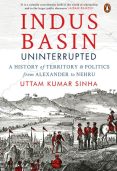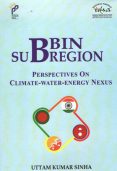From Hindi to Urdu: A Social and Political History
Hardly any language in the subcontinent has a history as contested as that of Urdu. The history of Urdu is not just a story of linguistic evolution, but of the evolution of culture, of societies and of communities. Thus, undertaking the task of narrating this journey is in itself an act of courage and Tariq Rehman does it wonderfully well.
- Amit Julka
- September 2012











